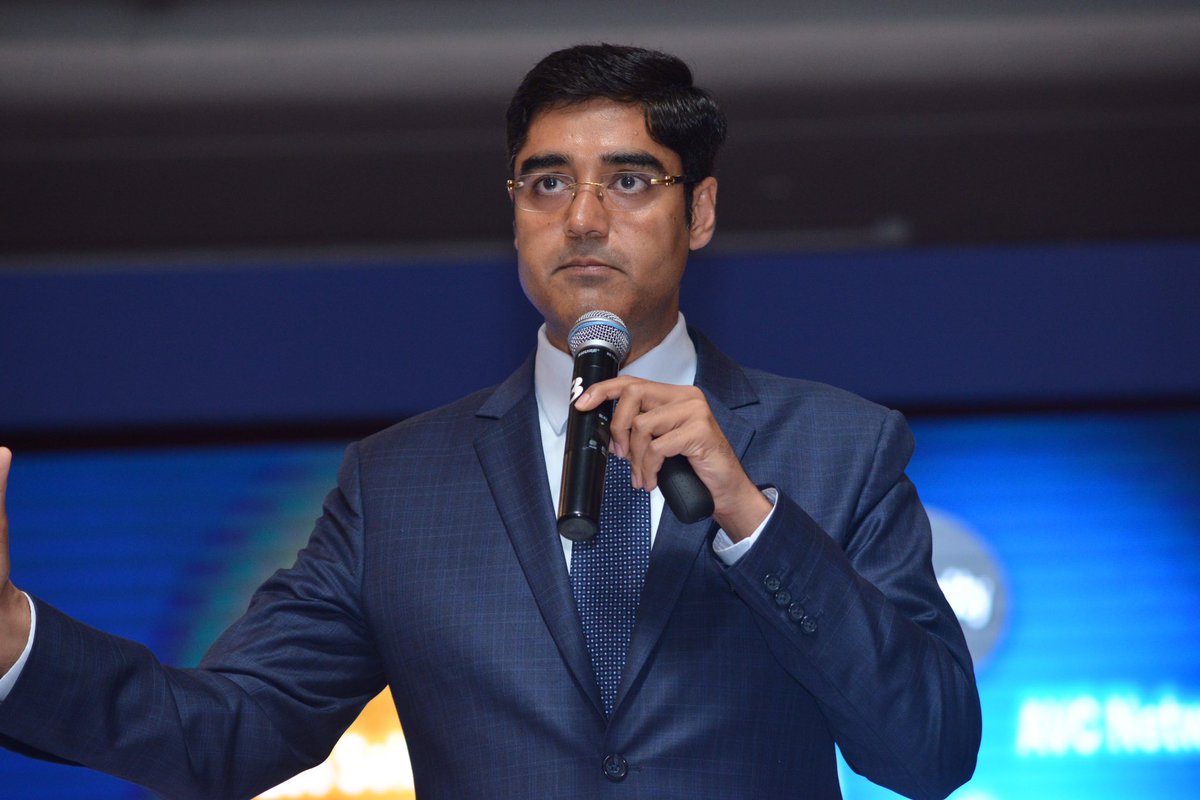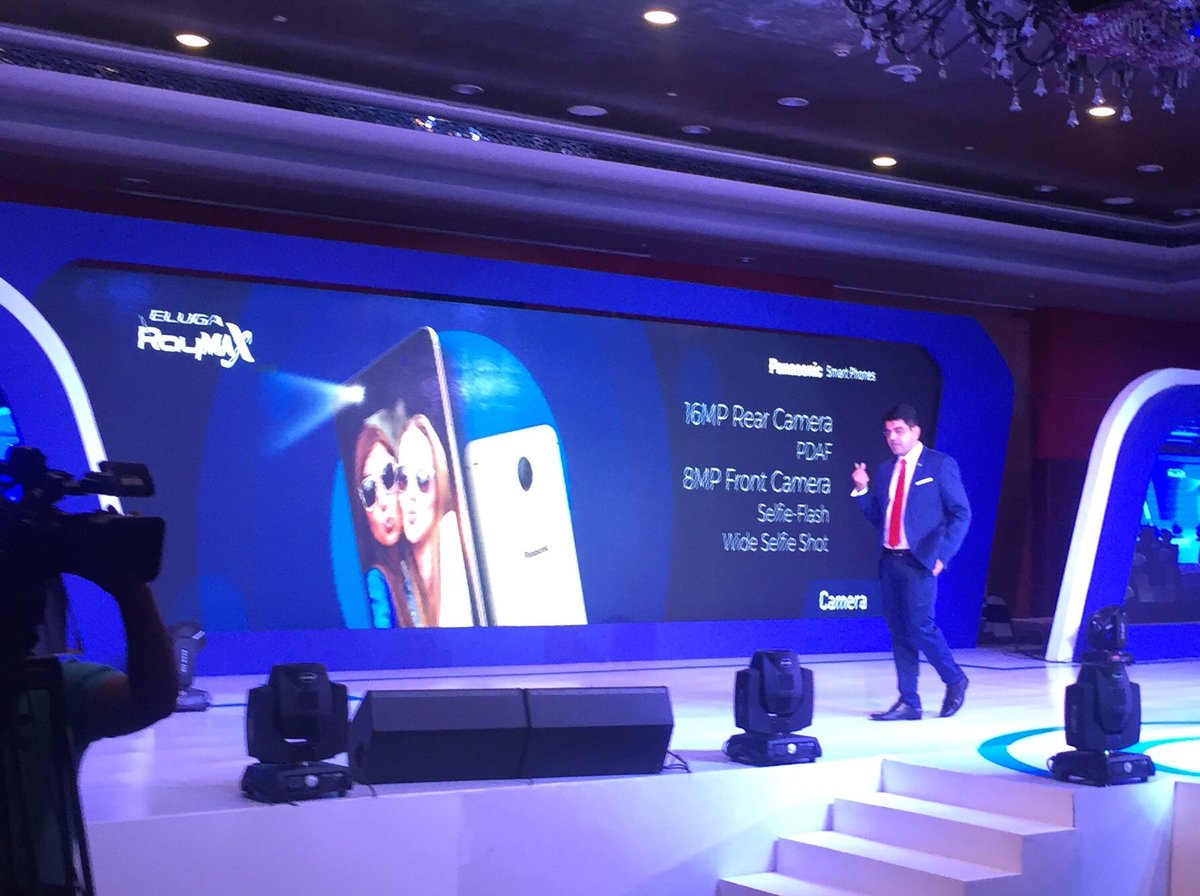THE METROPOLIS AND THE DIASPORA: BANGALORE PROPERTY MARKET

Metropolitan Market property CPR

Dr Aurélie Varrel
|
 |
| Image Source |
An analysis of the investment circuits fueling the growth of the real estate corporate sector in India cannot ignore the role of the diaspora, as India has been the first receiver of remittances in the world for almost one decade. Purchasing land and a house “back home” are common goals for migrants, and the well-off segment has not been immune to the property fever that has caught India. The diaspora also comes to the fore when one examines the development of this sector from the demand side. There is ample empirical evidence of the major role given to the diaspora / Non Resident Indians’ customers by the corporate sector of real estate, especially in the residential segment for a long time (Nijman, 1999; King, 2004). Yet urban studies and diaspora/transnational studies are domains of research that have largely ignored each other in the Indian context, but for some historical insights (Blunt & Bonnerjee, 2013).
This presentation will examine to what extent the desire to attract this specific source of transnational capital has (re)shaped partially the Indian real estate corporate sector, with a perspective from the South Indian metros, especially Bangalore. Developers have had to develop original, country-specific strategies to tap this source of capital, which has structured a distinct transnational market. This has turned migrants into city-makers in return to a certain extent. Nevertheless, the dependency on a reserve of customers located abroad also exposes this ethnic niche to the indirect effects of multiple changing local / national / international contexts and regulations, which makes it a fickle segment of the otherwise already highly volatile real estate market. This presentation is based on material collected in Bangalore and in the UAE since 2014. It has been partly funded by the French National Agency for Reserach (ANR) as part of the research programme Finurbasie (Financing Urbanization in Asia).
Aurélie Varrel is a CNRS researcher in Geography. She has been with the Centre d’Etudes de l’Inde et de l’Asie du Sud at Ecole des Hautes Etudes en Sciences Sociales (EHESS) in Paris since 2010. She is currently secunded to the French Institute of Pondicherry, in the Department of Social Sciences. She holds a PhD degree (Geography) from the University of Poitiers, France. In her research she brings together migration studies and urban studies, with the aim of articulating a socio-spatial understanding of the contemporary transformations of South Indian metropolitan cities, especially Bangalore and Chennai. At the French Institute she is working on various topics, with a special interest for the urban fabric in Tamil Nadu.
|
SOUTH ASIA’S CREATIVE AND CULTURAL INDUSTRIES.
We are delighted to bring to your kind notice our collaboration with Hyatt Andaz celebrating the Eighth Anniversary of AHF’s flagship program – the design-led movement, Jiyo!… believe, buy, belong… towards livelihoods generation for the marginalized skilled stakeholders of South Asia’s Creative and Cultural Industries.
Dates : 31st March (opening at 7pm) to 2nd April, 2017
Venue : Hyatt Andaz, Asset No.1 Aerocity, New Delhi
Please find enclosed the self-explanatory e-invite and the schedule for the festival. We would be very grateful for your gracious confirmation at the earliest convenience.
Thank you and Regards,
Office of Rajeev Sethi,
Chair, The Asian Heritage Foundation
RSVP: Bhagwati Hatwal – mail@asianheritagefoundation.org, +919818886456;
Paramjeet Kaur Oberoi – paramjeet@asianheritagefoundation.org, +919818022492
Mohd. Ayaz – ayazbihar@gmail.com, +919811987857
C-52, NDSE – II, New Delhi – 110049
Tel. : +91-11-26263984/5/6/7
JAPANESE SMARTPHONES IN INDIA


India is the world’s second largest smartphone market after China. Now Japanese electronics firms are trying to get their share of the pie.
Panasonic has introduced new smartphones with an advanced artificial intelligence virtual assistant.
Had a wonderful time showcasing ARBO at the launch of @Panasonic_mob as we aspire for a better life & a better world
The AI analyzes user’s behavior and suggests relevant apps and information.
The AI analyzes user’s behavior and suggests relevant apps and information.
The low-price products were developed jointly by Indian and Japanese information technology engineers.
Panasonic gave up on its consumer smartphone business in 2013 after losing sales to the iPhone and other models. But the firm has been developing smartphones in IT-advanced India, hoping their new technology will win customers in India.
Another Japanese electronics firm, Sony, is planning to introduce high-performance, high-priced smartphones in India soon.
India’s smartphone market is now bigger than that of the United States.
Part of the explosive growth comes from the government’s promotion of a cashless policy. It’s led to an increase in devices that use electronic money.
Competition in the Indian smartphone market is already fierce, with Chinese and Indian companies introducing smartphones with a variety of functions.
Input NHK
TROPICAL CYCLONE DEBBIE
Tropical Cyclone Debbie tore through Queensland state’s far north.
Wind gusts stronger than 260 km per hour were recorded at tourist resorts along the world-famous Great Barrier Reef as the powerful storm, at category four just one rung below the most dangerous wind speed level, began to make landfall.
No injuries had been reported so far but the storm was travelling south-west so slowly that weather forecasters said cyclone conditions could persist for as long as 24 hours.
“It’s very noisy: Screaming, howling wind … sounds like a freight train,” Jan Clifford told Reuters by text from Airlie Beach, about 950 km north-west of the state capital, Brisbane.
Authorities had urged thousands of people in low-lying areas to flee their homes on Monday, in what would be the biggest evacuation seen in Australia since Cyclone Tracy devastated the northern city of Darwin on Christmas Day, 1974.
Cyclone Debbie made landfall at Airlie Beach shortly after midday local time (2 AM GMT), knocking out telephone services.
Torrential rain flooded streets and wind smashed windows, uprooted trees, and tossed debris through streets, while jetties at Airlie Beach marina were wrecked, pictures broadcast on Nine Network television showed.
Power was cut for 38,000 people in a wide area between the towns of Bowen and Mackay, north and south of Airlie Beach, utility Ergon Energy said.
Ports at Abbot Point, Mackay, and Hay Point were shut, Townsville airport was closed and airlines Qantas, Jetstar, Rex, and Virgin Australia cancelled several flights to and from the region.
BHP Billiton and Glencore halted work at their coal mines in the storm’s path.
MASS ANTI-CORRUPTION RALLIES HIT RUSSIA
Moscow court has found opposition figure Alexei Navalny guilty of organizing an unauthorized rally in the center of the Russian capital at the weekend and fined him 20,000 rubles ($350), a TASS correspondent reports from the courtroom.
According to the police, about 500 people were detained in an unauthorized rally in the center of Moscow on March 26.
During the court hearing, Navalny blamed the Moscow government for detentions as it had not allowed the rally and had failed to offer an alternative venue within the timeframe established by law.
The rally’s organizers earlier rejected a proposal by the city’s authorities to hold the protest in Sokolniki Park in northeast Moscow or in the area of Maryino in the southeast of the Russian capital. As a result, opposition organizations held their action in the center of Moscow. The action was not agreed with the city’s authorities.
Navalny said in the court he was the organizer of the rally but called it lawful and consistent with a decision by Russia’s Constitutional Court.
“We turned to the Moscow government for the action’s approval. Under law, they were required to agree it within three days or offer an alternative place but this was not done. That is why, pursuant to a decision by the Constitutional Court, we had the right to hold the rally in the place we initially requested,” the opposition figure said.
Navalny’s lawyer Olga Mikhailova blamed the Moscow government for detaining the rally’s participants. “The Moscow authorities were required to agree within three days the place proposed by us or offer an alternative but we were denied the approval while they failed to offer a new place within three days,” Mikhailova said.
As the lawyer noted, the Moscow authorities proposed alternative places immediately before the action. “But it was already late,” she said, asking the court to drop administrative charges against Navalny.
Navalny was charged with an administrative offence under part 1, article 20.2.2. of Russia’s Code of Administrative Offenses (“Organizing Mass Simultaneous Presence and (or) Movement of Citizens in Public Places That Caused Violation of Public Order”). This article carries a maximum punishment in the form of an administrative arrest for 15 days. Under law, upon the presence of two decisions on administrative offences, law-enforcement bodies may ask a court to replace Navalny’s suspended sentence in the Yves Rocher embezzlement case with a real prison term.
TASS Inputs
ITALY WANTS US TO DO MORE TO FOSTER STABILITY IN LIBYA
G7 HOST ITALY WANTS US TO DO MORE TO FOSTER STABILITY IN LIBYA
Italy will push for greater US involvement in fostering stability in Libya when President Donald Trump and other world leaders meet in May, Italy’s deputy foreign minister said on Monday. Italy hosts the annual meeting of seven of the world’s biggest industrialized economies (G7) in the town of Taormina in Sicily on May 26-27. It will be Trump’s first scheduled trip to Europe. Deputy Foreign Minister Mario Giro said one of Italy’s foreign policy priorities was to build international support to unify Libya. “We hope – and at the G7 we will say it – that this issue interests also the US,” Giro said. Libya split into a patchwork of rival fiefdoms after a NATO-backed uprising led to the overthrow of Muammar Gaddafi in 2011.





